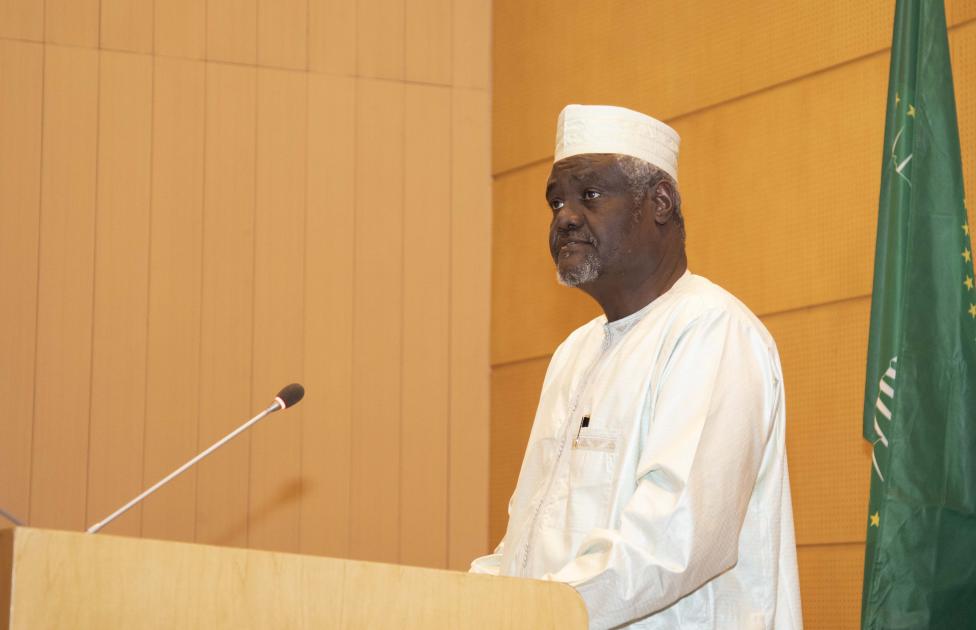Topic Resources
February 14, 2024
February 02, 2024
January 12, 2024
February 10, 2022
Agenda 2063 is Africa’s development blueprint to achieve inclusive and sustainable socio-economic development over a 50-year period.
April 17, 2025
April 11, 2025
April 30, 2025


